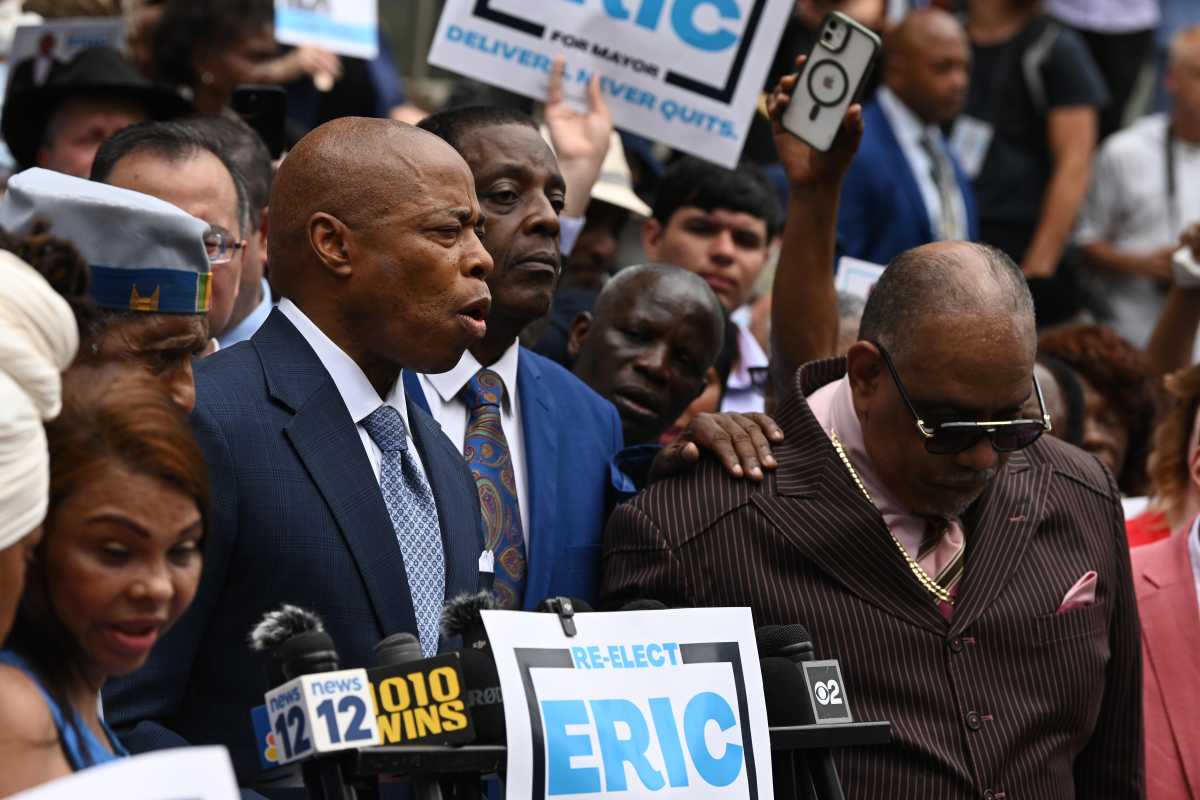How ironic that the major black eye suffered by the U.S. military, via that staff sergeant’s rampage that killed 16 civilians, would have taken place in Afghanistan. It is, as we’ve previously noted here, the one theater of U.S. military operations over the course of more than a decade that rated anything resembling a thumbs-up from the American public. Coming on the heels of the Koran burning incident, this latest setback threatens to make of the Afghan mission an undertaking now confronting potentially game-changing challenges.
Deploying troops to Afghanistan meant, assuming the high command’s intelligence revelations to be on the level, going after depraved folks who, on 9/11, had engaged in wanton, unwarranted destruction of American lives and property. National honor had to be defended. So unlike George Bush’s later trigger-happy indulgence in Saddam’s Iraq, Afghanistan looked to be justifiable use of American military might.
In January 2002, three months after the invasion, 89 percent of Americans, in a USA Today/Gallup poll, supported the American occupation. By the 10th anniversary of the invasion in October 2011, a CNN poll showed support for the war to have reached a low of 34 percent.
Opinion sampling following this shooting spree will certainly reflect an even greater desire on the part of Americans to be done with the Afghanistan involvement. Added to which there’s the bottom-line question: who knows to what extent those grandiose plans to bring democracy to Afghanistan really have been an unqualified success? And who knows to what extent this U.S-orchestrated effort to bring about fundamental political change in the Afghan society will hold once the American presence is ended?
The current difficulties, former Secretary of State Condoleezza Rice was suggesting, call for America and a very angry Afghanistan to concentrate on the good things that have happened since U.S. troops were first deployed to expel the Taliban. From all we could gather, many of the Afghan people were indeed happy to be rid of the Taliban’s firm grip in their country. But the protracted occupation by the U.S. has apparently not prevented Taliban elements from re-emerging. Which certainly would give one pause about the ability of the new American-designed Afghan model to, on its own, withstand a determined Taliban effort to re-assert itself once the Americans depart as scheduled in 2014 (maybe sooner if the present storm doesn’t blow over in a manner that leaves the U.S. and this particular step-child standingon amicable ground).
The misdeeds of Robert Bales, the soldier accused of those unprovoked killings, now represent a deadly reminder of how easily well-intentioned military occupation could get turned on its head. There’s little doubt that the legal defense for Bales will be that he “snapped” and that his methodical execution of those civilians (including nine children) was done while in a state of psychosis that barred reason and/or reality. Given our long view at this time, one is hard-pressed to entertain any other possibility that makes sense. Of course, making sense to the Afghan people is a whole lot taller order.
Deployment to Afghanistan was Bales’ fourth, following three tours of duty in Iraq. And this manifestation of an over-stretched military has been frequently cited as a likely root cause here. Many of the experts weighing in on the case so far have referenced that much combat duty as experienced by Bales as a factor in the search for answers to what overcame this guy. The possibility of Bales being a victim of Post-Traumatic Stress Disorder has been mentioned. Bales’ lawyer, indicating in a New York Times article that his client had no recollection of the incident, was clearly setting the stage for a defense that his client was in a state of abnormal mental function when this horrific interlude unfolded.
Sure to be given a good going-over when this reaches trial stage will be the level of security where Bales was stationed. His being able to leave the compound undetected and head into a village is already being alluded to as a breakdown that had to have incurred human error.
All things being equal, the wild card element as this lurches forward figures to be Afghan President Hamid Karzai and the influence he does or doesn’t have with the Afghan people. When the Koran was burned, supposedly by accident, it precipitated violent uprisings occasioning loss of life. Reaction to this killing spree from the Afghans can’t practically be expected to be any less intense. Bales’ swift transfer to American soil, when there were Afghan demands that he stay put where the deed was done, would have been a none-too-pleasant twist in the incident’s aftermath. How much the Afghan people find their sensibilities trampled upon in the process going forward will probably have major consequences for how this experiment to reform Afghanistan plays out.
President Obama has for the most part pushed the right buttons on the two wars he inherited, one f them, sadly, a bluster-driven misadventure in Iraq. That these war-related decisions have had to be made at a time of major cuts in defense spending has required an all-the-more artful balancing of terrorist threat deterrence and a military establishment not used to being in any way short-changed.
And now this, from an army man. The Afghans’ sense of outrage could transform the war into something Obama and company hardly would have imagined.























